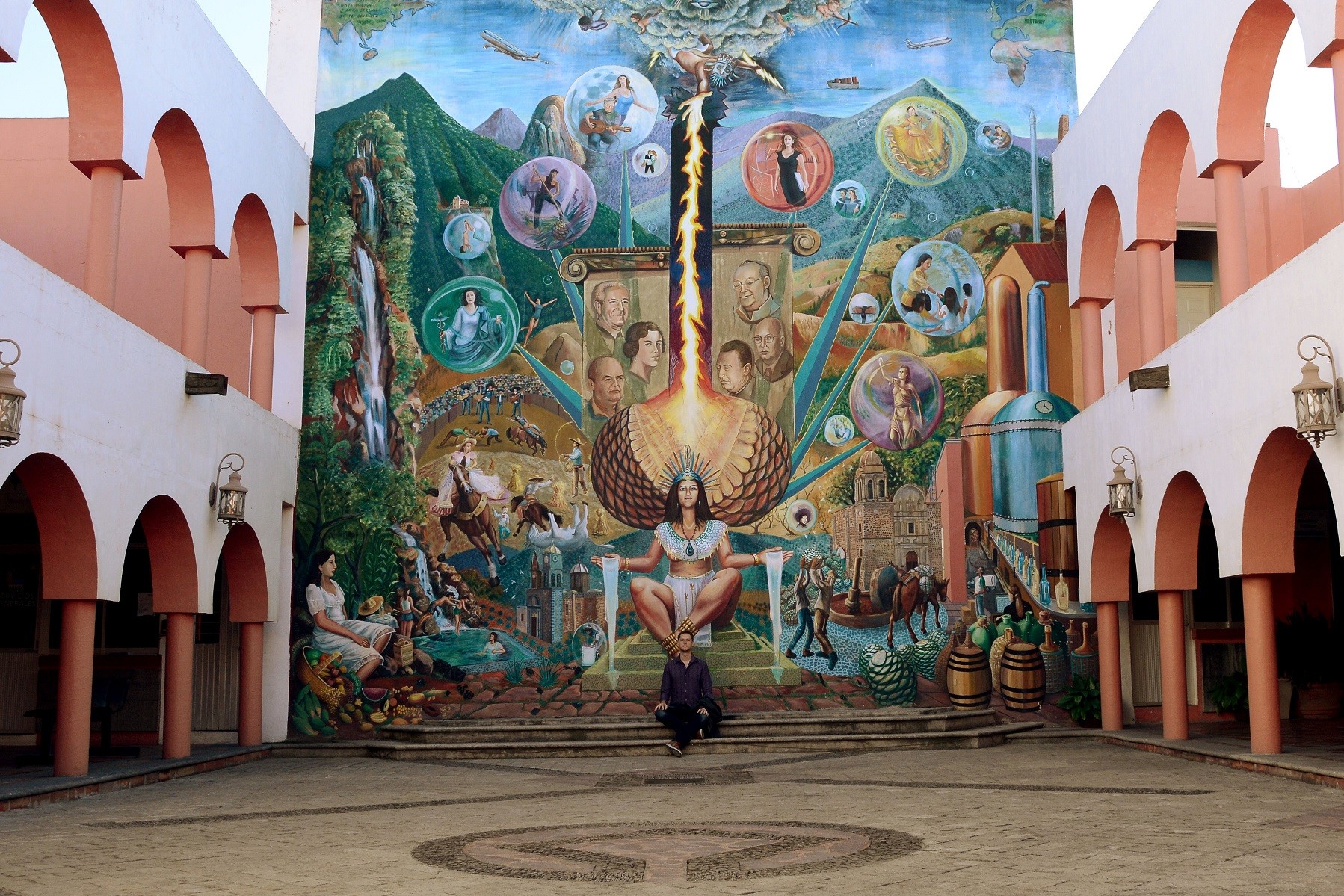If you advocate for capitalism, you’re probably used to receiving some criticism – people telling you that capitalism is the cause of suffering and death, catastrophic climate change, starving children, the impending eschaton, socks getting lost in the wash – basically everything bad that ever happened in the last 500 years, plus a few things that haven’t even happened yet. To you, perhaps “capitalism” just means free trade, respect for people and their (private) property and peaceful cooperation. But that’s not what it means to everyone.
I remember I was talking to a friend of mine and he told me he supported capitalism. I said “Me too”. He said “You? I thought you were a hippie.” I said “Okay, maybe. But the reason I support capitalism is because I support peace.” He proceeded to tell me that the second world war had been a capitalist boon, boosting the economy of the United States, and spreading the wealth through the Americas. I disagreed – that wasn’t capitalism; capitalism is about mutual agreement and mutually beneficial relationships, not killing people. I hope you disagree also, but bear in mind, when you mention the “C” word, this is the kind of baggage that it has attached.
One common objection that people have to capitalism, especially when associated with voluntaryism, is that, how can a society possibly be voluntary, when your only options are working for a capitalist, or starving to death? That isn’t voluntary – that’s a threat!
Part of the problem is, when people ask these questions they normally have a very fixed idea of what “capitalism” means – employees and employers, and nothing more. For many advocates of capitalism, they are talking about something much broader. So, my first response to this is to ask, in what possible situation would you only have the choice between working for an employer and starving? In a free society, you can work for yourself, you can work as a contractor, you can work with an industrial syndicate or cooperative, you can ask for the help of your family or community, you can go to the forest and forage for food. There are always other options. The only time when you’re really in a situation where you must comply or die, is when there’s a direct, violent threat to your life.
To elaborate on the point further, consider this speech from my friend, Conscious Kenny @kennyskitchen:
I recommend you listen to the whole speech, because it’s fascinating. To summarise, Kenny is describing Rainbow Gatherings, which are festivals of hundreds, thousands or tens of thousands of people, getting together to share their food, labour and good vibes with their rainbow family. Generally, people don’t use money at these events. They just give what they have and receive what others offer. Is this a part of capitalism? Well, it’s not excluded from capitalism. So sure, why not?
You could have a charity which provides people food and board just because they ask for it, for whatever reason. I’m sure many would support such an organisation, even if it was just because it allowed people some time to consider what they want out of life. That’s a part of capitalism too, in this broad sense. In fact, there are already organisations that exist with similar goals. The International Society for Krishna Consciousness has a stated ideal that nobody in the world should go hungry, and if you go to their temple, they will feed you.
Now, these things, peaceful hippie gatherings in the forest and Hare Krishna churches aren’t what people normally think of when you say “capitalism”. I’m sure Kenny wouldn’t describe Rainbow Gatherings as a “capitalist” event. But when certain people (anarcho-capitalists and voluntaryists) advocate for capitalism, whether or not they support such events and organisations, they support the freedom to do these sorts of things.
Personally, I’m open to the possibility that capitalism isn’t the absolute best way to do things, even though I think it’s a good idea. As the Rainbow Gatherings demonstrate, maybe it’s possible that we can even leave our ideas about money and property behind. However, when you get into a discussion with someone about capitalism, I hope you consider that they may not be talking about bosses and boring jobs, but that they may be talking about capitalism in the broadest sense – freedom, respect (including private property rights), and peaceful cooperation.
